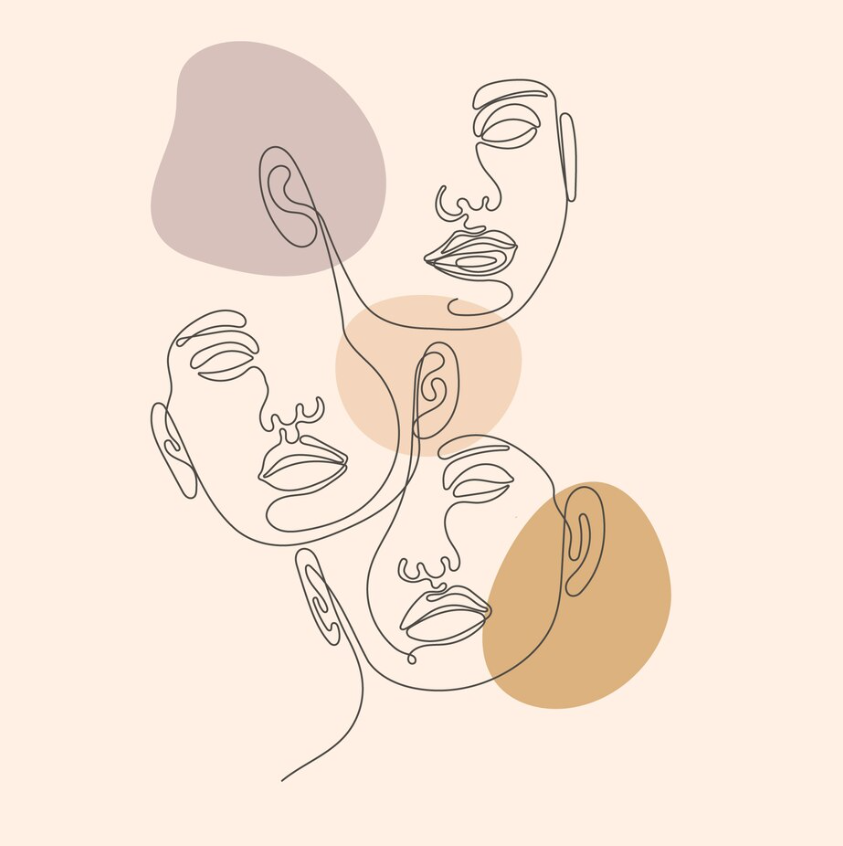Areas of Speciality
-
![]()
Perinatal Anxiety
Planning for or experiencing pregnancy can often amplify anxiety, bringing it to the forefront for many reasons. Perinatal anxiety refers to the heightened feelings of worry, fear, or unease that occur during pregnancy or in the first few years postpartum.
-
![]()
Perinatal Depression
Perinatal depression can arise during pregnancy (antenatal) or after childbirth (postpartum) for a variety of reasons. When these feelings persist and don't seem to lift, it can be helpful to explore what might be keeping the depression stuck. We use a compassion-focused approach to support parents in navigating and overcoming these challenges, fostering healing and recovery.
-
![]()
Postnatal OCD
Intrusive thoughts or compulsions related to the baby or parenting can be incredibly distressing. These thoughts are often centered around fears of harm or concerns about the baby’s safety, yet parents typically have no desire to act on them. Many parents feel afraid to share these thoughts, fearing judgment or concern about the safety of their child. It’s important to understand that in OCD, these thoughts are unwanted, causing significant distress, and are not an indication of the parent’s true desires. Together, we can work to reduce the intensity of these thoughts, helping you regain a sense of control and peace of mind, while also addressing any compulsive behaviors that may be reinforcing them.
-
![]()
Perinatal Trauma
This anxiety may stem from a variety of sources, such as pregnancy complications, difficulties with conception, or challenges during and after birth. It can also be related to what’s often referred to as the "ghosts in the nursery"—when unresolved emotional issues from your own childhood resurface during pregnancy or the postpartum period. For some, previous sexual traumas or birth-related trauma may be triggered during childbirth, or the experience may be distressing for other reasons. We can use EMDR (Eye Movement Desensitization and Reprocessing) to target these past traumas, helping to process and integrate these difficult memories in a way that reduces their emotional hold, so you can move forward with more peace and resilience.
-
![]()
Attachment and Bonding
During the perinatal period, attachment difficulties can sometimes arise, making it hard to bond with your new baby. While many expect to feel an instant connection, for various reasons, this bond may take time or face challenges.
There are numerous factors that can contribute to this, and therapy can help identify what might be hindering your connection with your baby. It’s common for people to feel worried about sharing these feelings out of fear of judgment, but it’s important to know that you are not alone. There are many reasons why bonding can be difficult, and it’s not your fault. The very fact that you want to address and improve this connection shows how deeply you care and what a great parent you are.
-
![]()
Perinatal Loss and Grief
Therapy for individuals or couples dealing with miscarriage or any form of infant loss provides a supportive space to navigate the deep grief and emotional challenges that often accompany these heartbreaking experiences. This also extends to difficulties with conception, which can be a painful journey for many families. Unfortunately, the path to parenthood isn’t always smooth, and it can be filled with profound sadness and distressing moments. Therapy can offer a compassionate, safe environment to process grief, gain support, and explore ways to heal, while also providing tools to cope with the emotional complexities of loss and the challenges of building a family.
-
![]()
Other Perinatal Challenges
If you are struggling with something that is not listed, please still enquire. Many psychological concerns are interconnected and it is common for individuals to experience something unique. I am happy to discuss any situation and to see if I can support you, or guide you to the right resources.
Therapeutic Approaches
Therapy is tailored to address the unique mental health challenges which arise during pregnancy and postpartum.
-
![]()
Mindfulness-Based Therapy
To reduce anxiety by grounding the individual in the present moment. This can help parents to manage stress and anxiety and help to promote emotional resilience.
Mindfulness can help expectant and new parents manage these experiences with greater awareness, acceptance, and emotional regulation.
We will speak in the first few sessions to ascertain which modality will suit your needs.
-
![]()
Acceptance-Based Therapy
Acceptance-Based Therapy (ABT) in the perinatal period is an approach that emphasises accepting difficult emotions and experiences rather than trying to avoid or eliminate them. This therapy is rooted in Acceptance and Commitment Therapy (ACT) and is often used to help individuals navigate the emotional complexities and challenges that arise during pregnancy, childbirth, and early parenting.
Techniques to help come to terms with distressing thoughts or situations without trying to ‘over control’. This can be particularly useful when we are attempting to cope with something which is often out of our control, such as the stress behind trying to conceive.
-
![]()
Eye-Movement Desensitisation and Reprocessing Therapy (EMDR)
This is a trauma-focused therapy that helps people process distressing memories using bilateral stimulation. This can be used to support individuals, especially mothers if they have trauma related to conception, pregnancy, birth or the postnatal period. This can help reduce PTSD symptoms and improve emotional regulation and bonding with your baby.
EMDR can be adapted and used during pregnancy.
-
![]()
Narrative Therapy
Working through situations or traumas by telling and retelling a story in a way which helps individuals reclaim their narrative.
This could include Tree of Life approaches, or using written word or letters.
The therapy seeks to:
Separate the person from the problem - ‘The problem is the problem, not the person’.
Identify and challenge dominant, unhelpful narratives.
Uncover alternative stories that reflect strength, resilience, and values.
-
![]()
Attachment-Based Therapy
Exploring own attachment experiences and thinking about how they influence current behaviour. This approach focuses on strengthening the parent-infant bond exploring our own attachment history, emotional responses and relational patterns. The goal is promote a secure attachment between the caregiver and child.
I am trained in Circle of Security (COS) and Watch, Wait and Wonder (WWW) attachment approaches.
Circle of Security (COS) - provides a visual framework to help caregivers understand their child's needs for closeness and exploration. It’s designed to promote secure attachment between parents and their children.
Watch, Wait, Wonder is an approach that encourages caregivers to observe their infants closely and respond in an attuned, thoughtful manner. This approach is rooted in respect for the infant’s autonomy and emphasises parent-child communication.
-
![]()
Compassion-Focused Therapy
CFT, developed by Paul Gilbert, is a therapeutic approach designed to help individuals who struggle with high levels of self-criticism, shame, and low self-worth. During the perinatal period, people may experience:
Increased self-criticism - ‘I’m a bad parent’
Guilt and shame - especially around feeding, birth experience, bonding, or coping.
Fear of being judged or seen as a failure.
Feelings of disconnection or difficulty bonding with the baby.
Past trauma resurfacing, particularly related to attachment or abuse.












